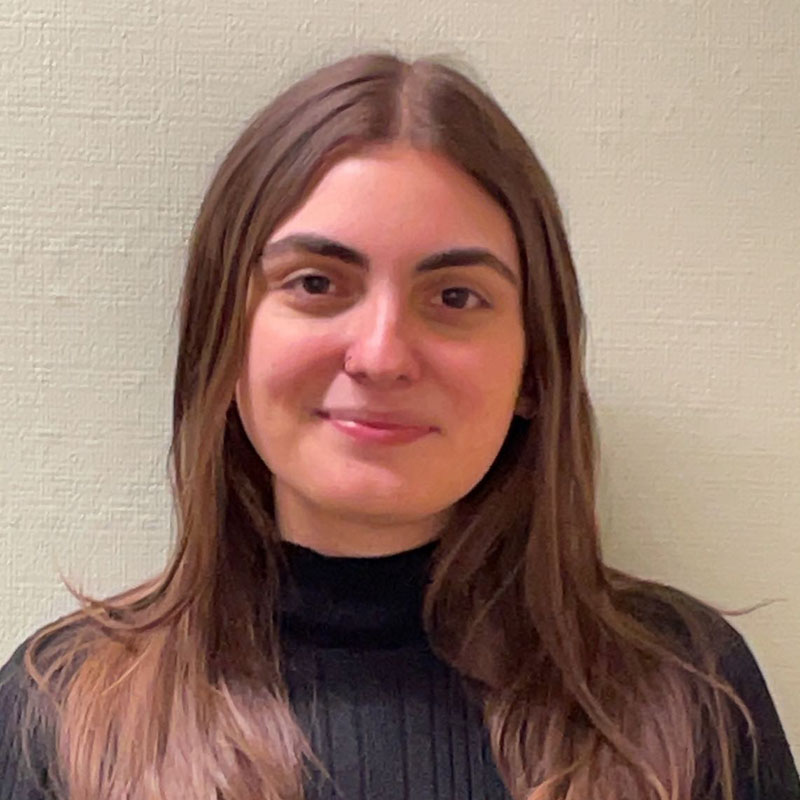As Telehealth's Popularity Grows, Psy.D. Faculty Adapt Monday, March 8, 2021

"From a practical standpoint, the psychology field is beginning to shift in its capabilities to offer telehealth and the various virtual services that fall under its umbrella. Point Park’s swift utilization of telehealth practices has prepared me to adapt to such a shift as I have been able to become familiar with the telehealth format that will certainly serve me as I continue my clinical work."
Telehealth, the provision of a health service via electronic means, such as video or phone, has grown in popularity over the last few years and especially during the COVID-19 pandemic.
"Historically, I feel like telehealth only came into the psychology profession to reach people in rural communities or people who could not come into the office," said Todd Avellar, Ph.D., assistant professor of psychology and director of clinical training for the Psy.D. in clinical psychology program. "It’s something that has been promoted by the American Psychological Association to fill those gaps. That said, it’s not something that has been broadly used because it’s seen as a back-up."
The pandemic has elevated telehealth from a back-up to a primary method as clients and therapists do their part to mitigate virus spread. In response to this evolution, Point Park faculty are training students in the Psy.D. program on delivering services through telehealth as it becomes more widespread.
Students are taught ethical and confidentiality concerns both in their coursework and in clinic conference meetings. Understanding intersectional identities and backgrounds, risk management and logistics are among the telehealth topics students discuss and examine in their coursework.
"We are actively defining telehealth in our profession as we speak," Avellar said. "It’s important for students to hear perspectives from one another and the ways telehealth is used. We want to resume in-person appointments as we believe in-person therapy remains the gold standard of care, but telehealth isn’t going anywhere. We want to be ahead of the curve. Our faculty are in clinical practice, so we have a working knowledge of the field. We can provide cutting-edge training in general because we’re out there on the frontlines as we speak."
Psy.D. student Anastasia Wilhelm is engaged in therapy via telehealth through her work in the Point Park University Counseling Center and her external placement work at Duquesne University. In the Q&A below, she shares her experience with this increasingly relevant service and how Point Park is preparing her for it.
Anastasia Wilhelm '24
Hometown: Sharpsburg, Pa.
High school: Aquinas Academy of Pittsburgh
Now living in: Pittsburgh, Pa.
Hobbies/interests: Baking, reading and spending time with friends and family
Dream job: Clinical psychologist and community mental health advocate
What do you want people to know about telehealth?
It is still possible to have genuine, powerful interactions and moments of connection through telehealth. It can seem daunting to try and attend therapy without another person physically in the room with you, but the core of therapy—which is building an authentic connection between therapist/client and embarking on an exploration of self, relationships, etc.—doesn’t change, no matter the medium you use. Telehealth can even open new lines of communication and common ground that wouldn’t have existed otherwise, such as engaging in conversations about the initial “awkwardness” of meeting for the first time via telehealth, working through potential technological glitches together or being able to engage in therapy within the comfort of your own room.
What have you learned through your work at Point Park and Duquesne's university counseling centers?
I am currently working as a therapist in both the Point Park and Duquesne university counseling centers, which has taught me a great deal about the resilience and courage the students at both universities possess. Continuing academic studies, living away from home and seeking out counseling services can be daunting tasks at any time but especially so during the challenging times that we are currently experiencing. At Duquesne, I am also currently working to help form mindfulness educational kits to be disseminated to the students to help them cope with the stressful and demanding experiences of being a college student.
How have your Point Park courses prepared you for practicing telehealth?
I was required to take extensive training and attend training seminars regarding telehealth practices and procedures. In addition to learning the more procedural methods in which telehealth should be approached, we have also spent a considerable amount of time discussing personal experiences with telehealth and how we can best work with our clients to foster meaningful interactions and connections.
How do you think the psychology field has changed amid the pandemic, and how is Point Park preparing you to adapt?
From a practical standpoint, the psychology field is beginning to shift in its capabilities to offer telehealth and the various virtual services that fall under its umbrella. Point Park’s swift utilization of telehealth practices has prepared me to adapt to such a shift as I have been able to become familiar with the telehealth format that will certainly serve me as I continue my clinical work. Additionally, I think the field is undergoing a more personal shift in that therapists and their clients are often going through very similar experiences as the pandemic has continued. As a new update or concern is covered in the news, clients and therapists alike are processing it, sometimes together, in real-time. Health concerns, social isolation and worrying about friends and family are human experiences that we have all been working through, allowing for a deeper sense of empathy and connectedness to transpire within therapeutic interactions.
What do you like about Point Park's Psy.D. program?
While community outreach, mental health and advocacy are built in as foundational aspects of the curriculum, that emphasis on community extends into the people who make up the program, as well. Feeling supported and comfortable with the people you’re learning from and with is a uniquely special quality of Point Park’s Psy.D. program for which I am extremely grateful.

